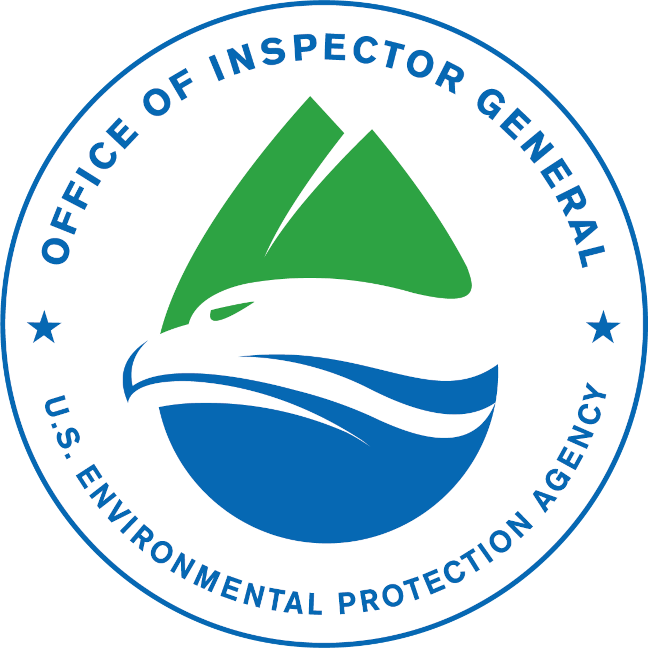
The U.S. Environmental Protection Agency Office of Inspector General says regional EPA staff failed to alert leadership to the extent of the lead in drinking water issue in Benton Harbor. The IG’s report states that because the alert wasn’t raised high enough, the EPA couldn’t effectively address the crisis.
The report issued Thursday states in part, “EPA Region 5 drinking water staff overseeing Michigan did not use the Agency’s elevation policy to alert the administrator when responding to the lead found in Benton Harbor’s drinking water, which was above the 15 parts per billion action level.
“An EPA staff member involved with monitoring Michigan’s response to Benton Harbor told us that the state was addressing the lead levels in a timely manner. However, elevated lead levels and other compliance issues at the Benton Harbor community water system met several of the elevation policy criteria. Still, EPA staff did not elevate these issues to alert the Office of the Administrator of health risks to Benton Harbor’s residents.”
The audit states that in addition to unhealthy lead levels, the community’s water system was cited by the state for additional drinking water violations, including a significant deficiency violation notice regarding water system managerial oversight, insufficient revenue, treatment, distribution, monitoring, and reporting issues.
“These enforcement actions, combined with the elevated lead levels, indicated that there were larger public health risks because the water system was not operating in a manner that ensured it was providing safe drinking water to residents.”
“The conditions in Benton Harbor met four of the policy’s five criteria for elevation,” said EPA Inspector General Sean O’Donnell. “That this situation was not raised for higher levels of attention led us to question what circumstances would be elevated under this policy.”
The audit concludes that for the EPA’s elevation policy to enhance public health and environmental protection, the Office of the Administrator should determine how this policy can more effectively achieve its purpose in situations like Benton Harbor.








